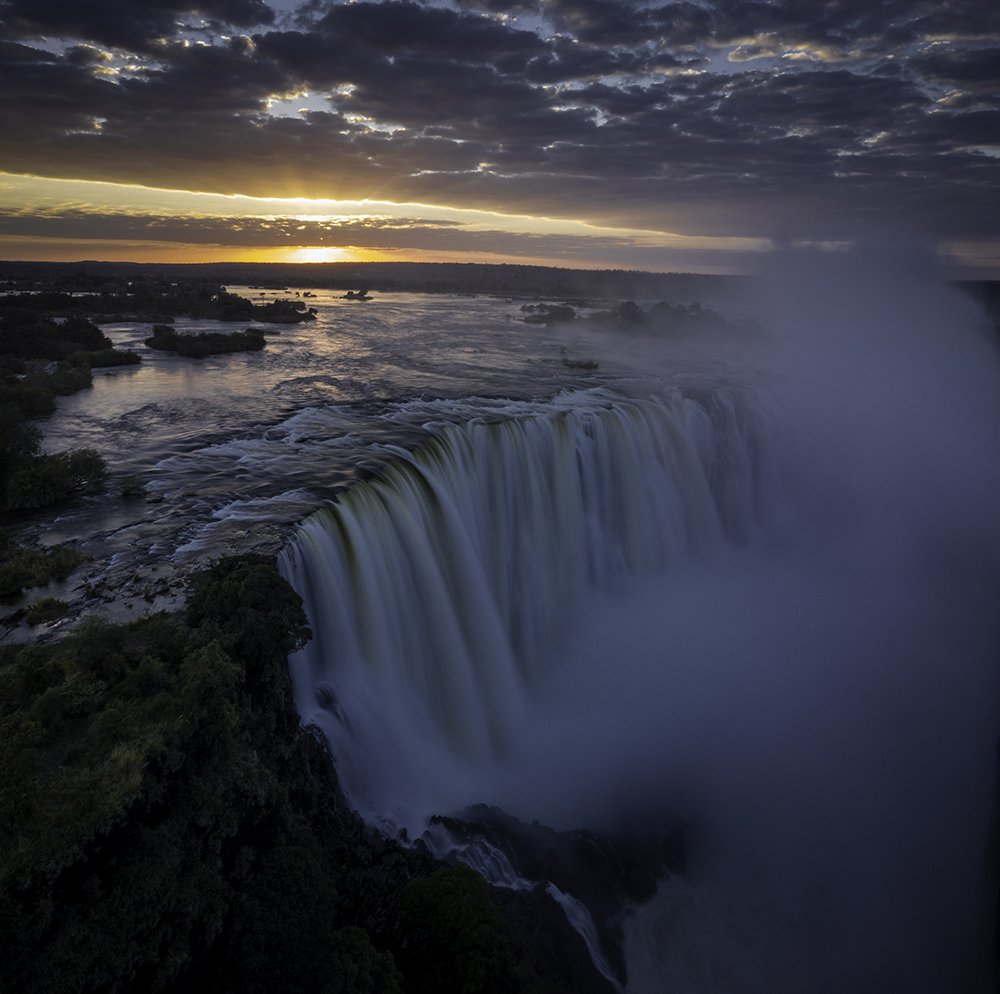
Travel Info Zimbabwe
Important Information for your trip to Zimbabwe
Zimbabwe
PASSPORT VALIDITY AND VISA REQUIREMENTS:
American travelers visiting Zimbabwe are required to have a passport, a visa, a return ticket, and adequate funds to cover the duration of their stay.
Passports should have at least six months’ validity. Two blank passport pages are also recommended for travel to Zimbabwe. Travelers are limited to taking $2,000 USD on their person when leaving the country.
VACCINATIONS:
Vaccines are recommended or required for South Africa. We recommend going to your local travel health services provider, like Passport Health for individual recommendations. The CDC and WHO recommend the following vaccinations are recommended for Zimbabwe:
typhoid
cholera
hepatitis A
polio
yellow fever
rabies
hepatitis B
influenza
pneumonia
meningitis
chickenpox
shingles
measles
Covid -19
mumps and rubella (MMR)
Tdap (tetanus, diphtheria and pertussis)
SAFETY IN Zimbabwe:
We recommend enrolling in the Smart Traveler Enrollment Program before traveling aboard and to stay up-to-date on the latest information.
Pay attention to your surroundings and avoid going to areas known for crime or violence. Research the destination before you go and learn about the local customs, laws and potential safety risks. Use reputable tour operators and accommodations, especially if you’re traveling alone.
Avoid traveling alone at night, especially in areas with low visibility. Carry a copy of your passport with you at all times and keep the original in a secure place. Be cautious with your valuables and keep them out of sight. Respect local customs and laws to avoid any potential misunderstandings or conflicts with locals or authorities.
CLIMATE AND WEATHER:
The climate in Zimbabwe is quite variable, depending on the elevation one is at. Throughout the country there is a dry season from May to September and a rainy season from November to March.
In the central Highveld plateau, temperatures are quite warm. Hwange and Zambezi NP, which are lower-lying parks, reach temperatures in the high-80’s. Even lower elevation, Mana Pools gets very hot, peaking in the low-90’s.
Travelers who go to the Eastern highlands will experience cooler temperatures.
CLOTHING AND DRESS RECOMMENDATIONS
Similarly to Zambia, Zimbabwe has mild winters yet the summer days can be scorching hot. Lightweight casual clothes can be worn all year round, with a jacket or jersey for early winter mornings and evenings. Layering is key in winter so you can add or remove layers with warm days and cool evenings.
A brimmed hat and sunglasses are a good idea year round. It is advisable to wear light loose-fitting full-length clothing, such as cotton or linen, as they are cool and easy to wash and will guard against the sun. Avoid synthetic materials and black clothing, as they increase perspiration and discomfort. White is not recommended for walking safaris as it is too bright and will stand out against the natural environment.
On safari keep clothes to neutral colours; tans, khakis, browns and greens. A sunhat, sunscreen, sunglasses and insect repellent are essential.
TIPPING RECOMMENDATIONS FOR Zimbabwe:
Tipping is customary in Africa, however, all tipping is solely at your discretion. A tip of 10% is normal in hotels, restaurants and for taxis, depending on the service received.
Typically, you will be asked to give any gratuities to your host (or the lodge manager) upon departure for each safari lodge/camp, and these monies will then be distributed amount all staff members.
Guides should be tipped separately, and you’re often encouraged to hand over their tip personally.
Game lodge guide or mobile safari guide: US$ 10.00 per guest per day.
General Lodge Staff: US$ 5.00 per guest per day for all staff.
Transfer Driver: US$ 3.00 per guest.
